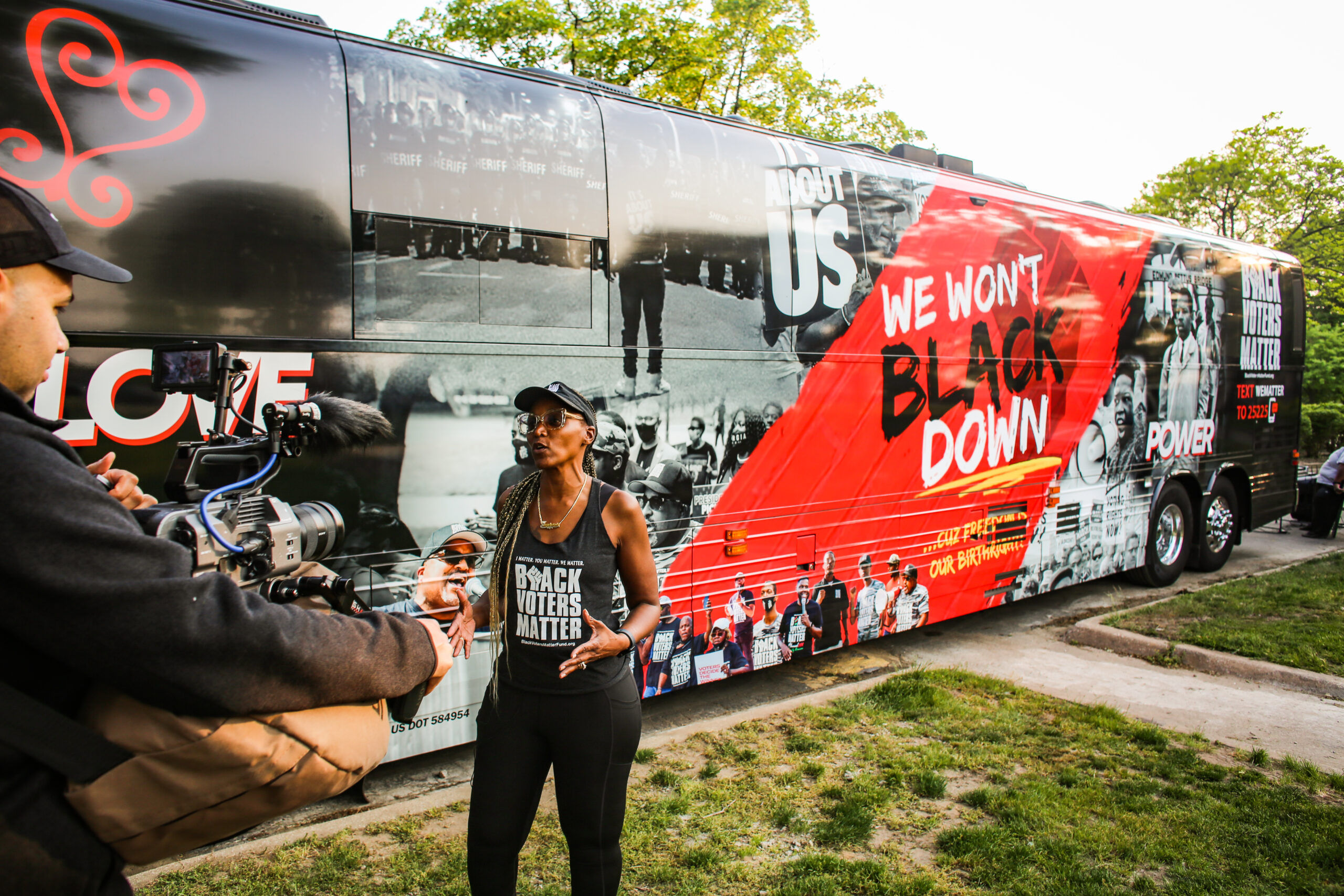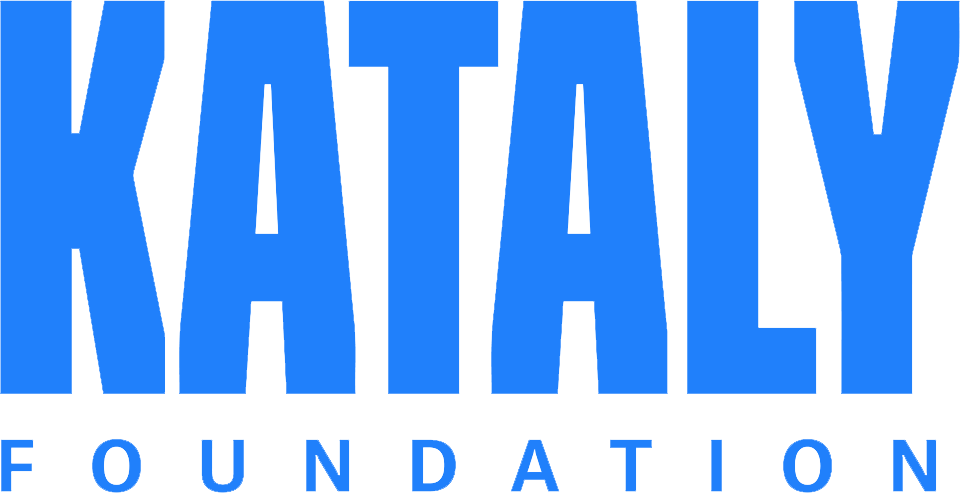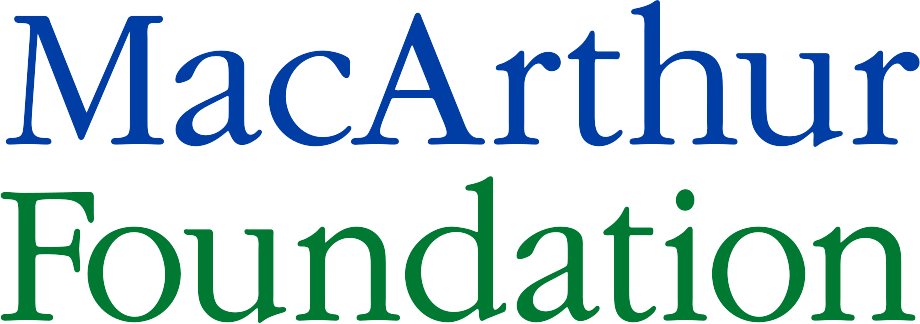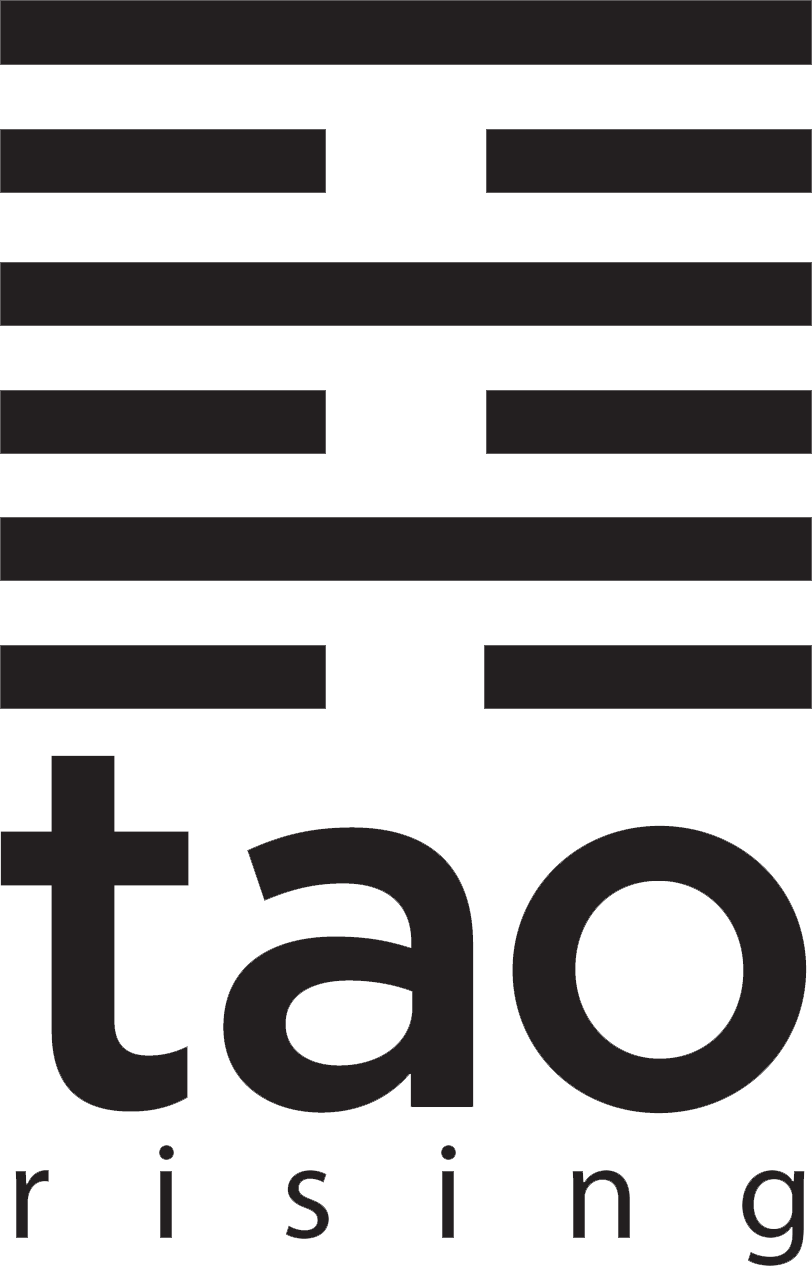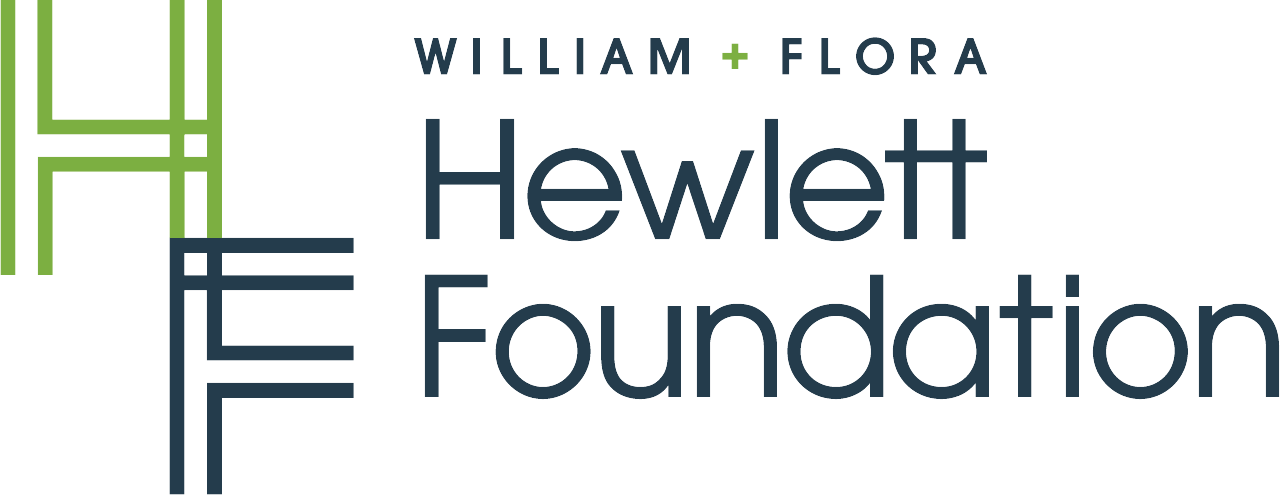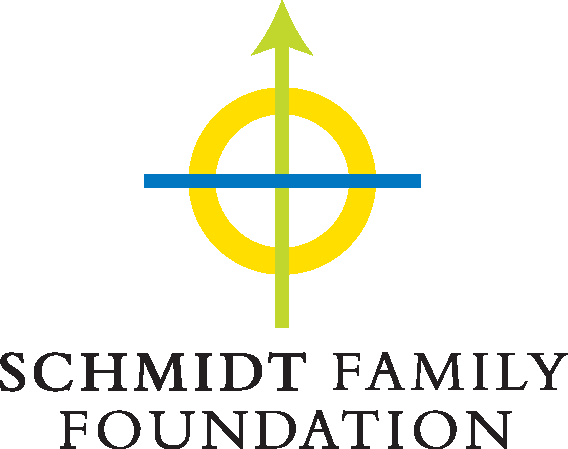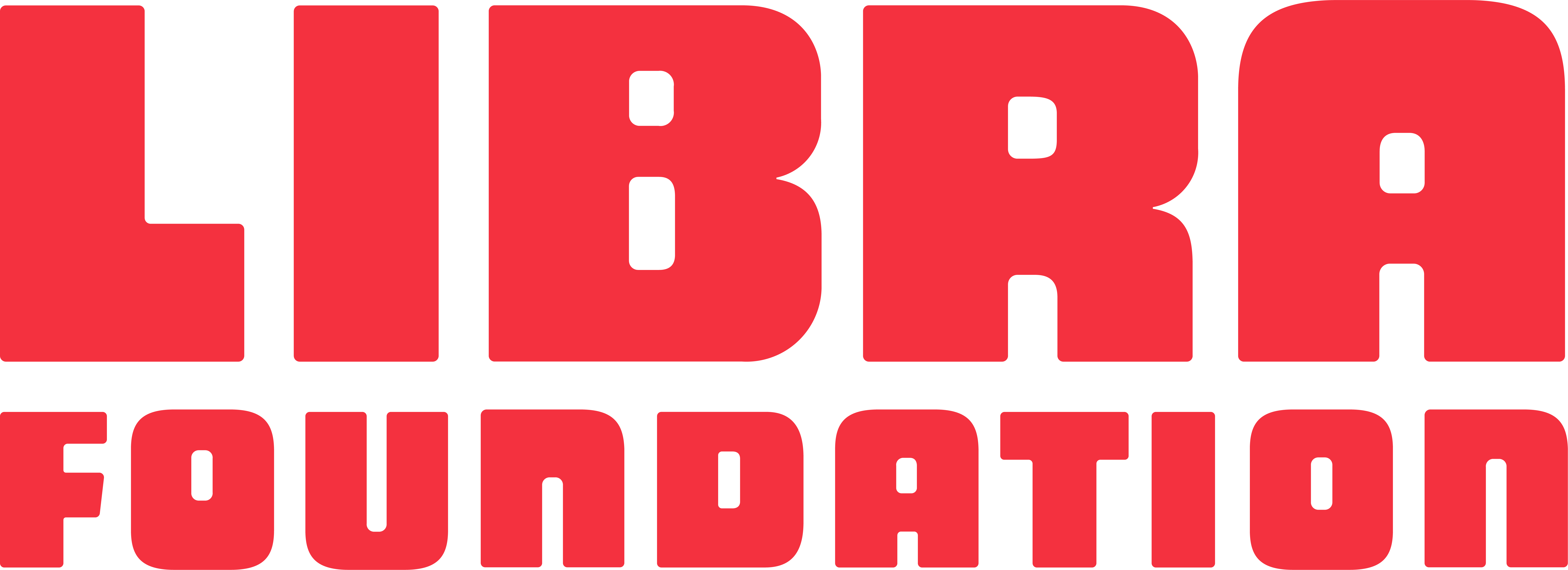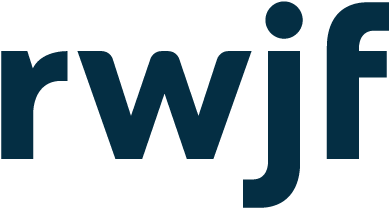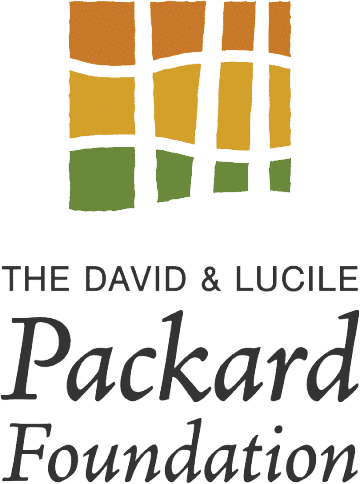
83.5 Million Dollars.
Infinite Opportunities.


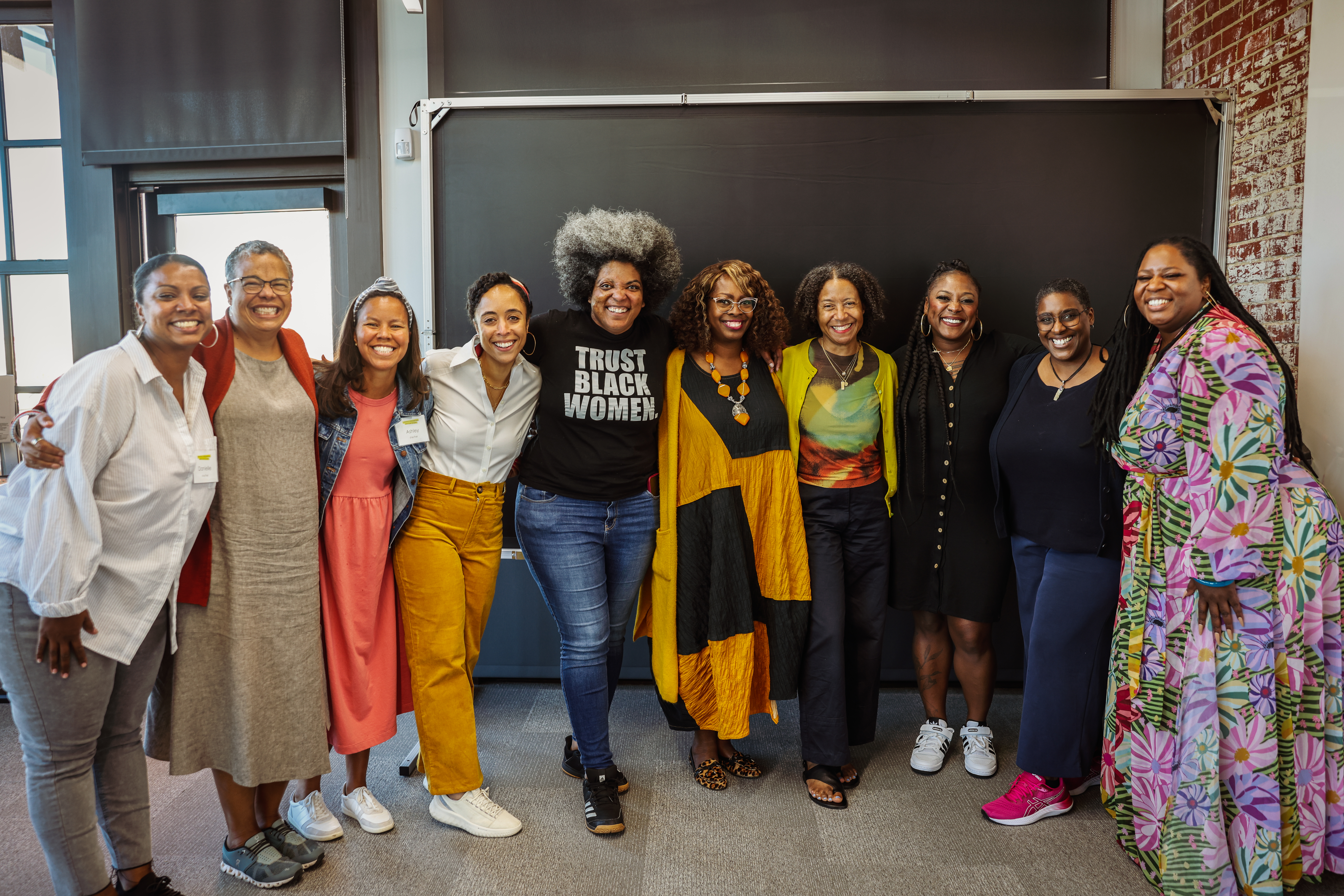

The Democracy Frontlines Fund is a national aligned giving strategy.
Our goal is to leverage millions of new dollars to fund Black organizing and disrupt traditional philanthropy.
The Democracy Frontlines Fund (DFF) began in 2020, following the murder of George Floyd by a police officer, and in response to the national outpouring of grief, rage, and demand for change, the health and economic crisis of COVID-19, and an election year of unparalleled and historic importance.
DFF commits to the following:
-
Funding organizations led by and for Black people
-
Funding power-building organizers
-
Providing multi-year general operating support
-
Eliminating burdensome application requirements
Together with our funder partners, we raised and granted $39 million dollars in our first phase of work from 2020-2023. We are now in our second phase of multiyear work from 2023-2026 and continuing to grow with new partners and an additional $44.5 million dollars. DFF now totals $83.5 million.
Guided by a Brain Trust of accountable movement advisors, pictured below, DFF is funding the country’s most impactful racial justice groups led by and for Black communities with unrestricted dollars and getting rid of the red tape.
Not tomorrow, today.
Not alone, together.

Meet Our Funding Partners
From the start, there has been small but growing interest among foundations to truly step up and respond to this moment. In turn, The Libra Foundation has enlisted forward thinking philanthropic partners to launch and grow the Democracy Frontlines Fund. We began in 2020 with twelve (12) partners and have grown to fifteen (15) as the urgency for change intensifies.
As a collective giving and learning community, DFF resources and is in relationship with Black movements and organizing—most of whom fight voter suppression through long-term voter engagement and work on defunding the carceral system in order to build safe and healthy communities.
For years, social justice movements have demanded that philanthropy look in the mirror and see the ways the field replicates the harmful systems that it insists it wants to change. DFF, with the leadership of Curriculum and Facilitation Advisor Tynesha McHarris, is facilitating a learning journey with our funder partners to dig deeply into issues of racial justice and equity.
Through quarterly convenings featuring Slate grantee partners, we are unpacking the legacy of discrimination and racism, discussing movement theories and strategies, building community, and embracing what it means to practice active anti-racism through racial justice grantmaking and allyship.
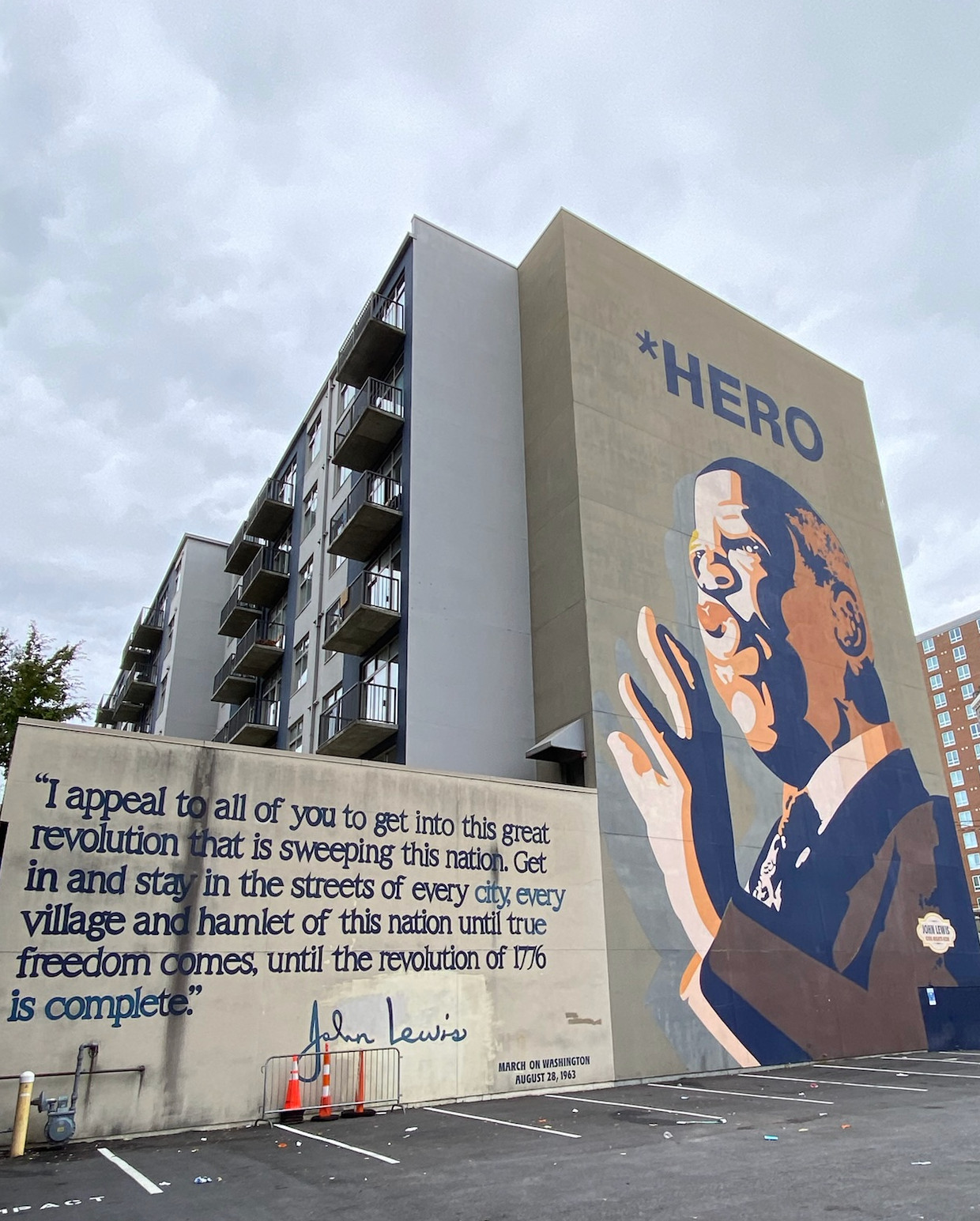

Stay Engaged
We are so proud of what we’ve built together.
We’re even more excited for what we can do next!
If you’d like to learn more about what’s next for the Democracy Frontlines Fund and how to get involved in future projects, please contact us at hello@democracyfrontlinesfund.org.
This is only just the beginning.
Join us as we continue to cause good trouble.
Please note that the Fund has allocated all resources to the current slate of organizations, and we are not able to consider requests for funding.
